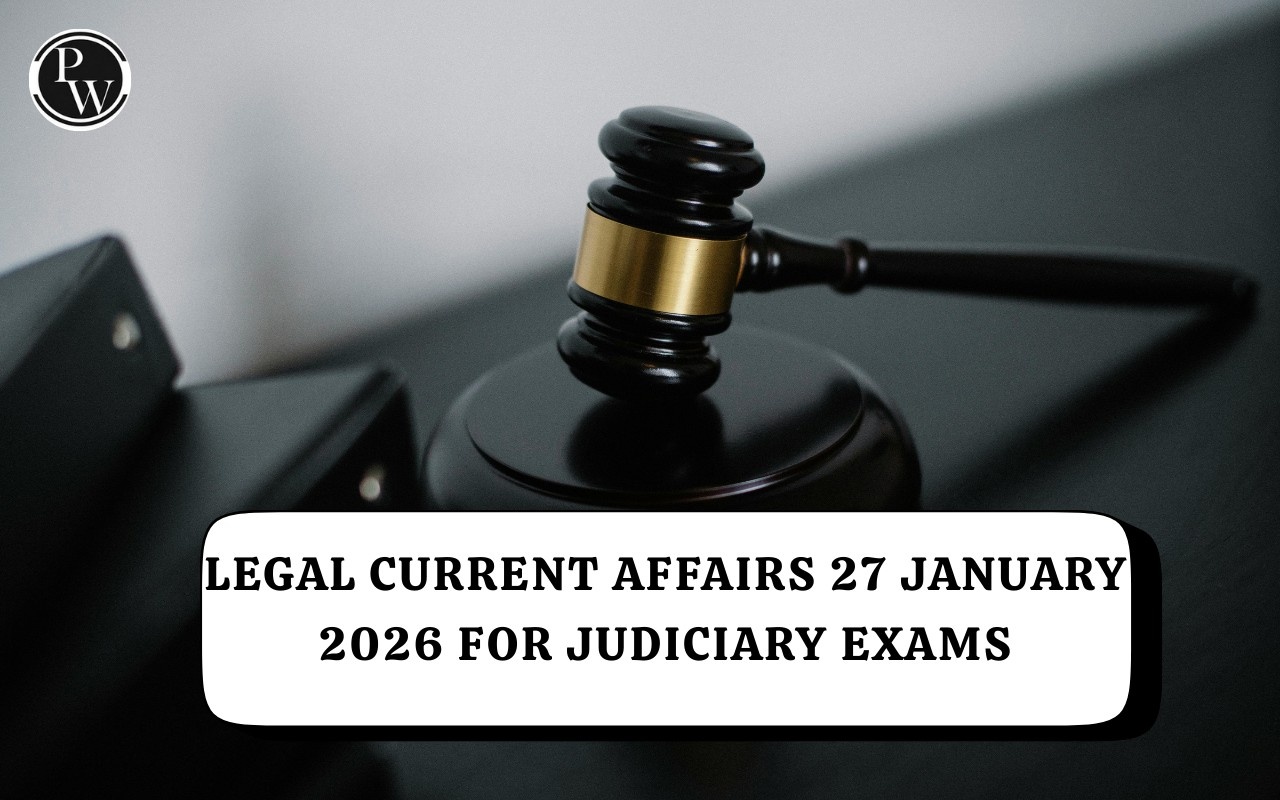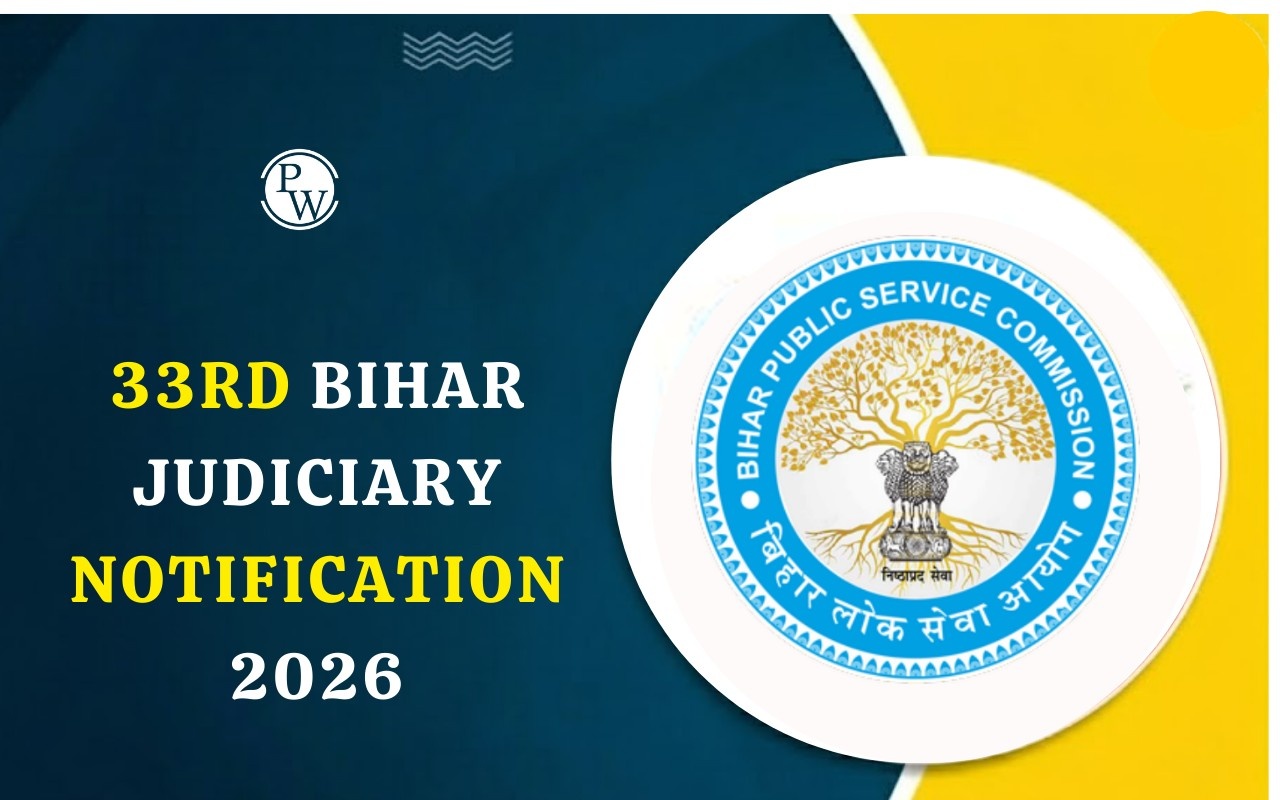
What is Public Interest Litigation ? Public Interest Litigation (PIL) has emerged as a transformative tool in the judicial landscape, enabling individuals and groups to seek justice for matters of public concern. Rooted in judicial activism, it provides a way to address societal issues that affect the larger population, often involving the marginalized or underrepresented. This guidepost explores the concept of public interest litigation, its purpose, procedures, and significance while examining landmark judgments and highlighting its impact.
Public Interest Litigation (PIL) Overview
Public Interest Litigation (PIL) refers to legal actions initiated to protect public interest rather than private grievances. It empowers citizens to bring issues like environmental degradation, human rights violations, and social injustices to the forefront of judicial scrutiny. The concept of PIL originates from American jurisprudence, PIL was adopted in India to represent previously unrepresented groups, ensuring justice for the vulnerable.
Unlike traditional litigation, PIL allows even those not directly affected by an issue to file petitions, provided they act in the public's interest. This flexibility democratizes access to justice and amplifies the voices of those unable to seek redress themselves.
Public Interest Litigation History
The concept of Public Interest Litigation was introduced in India during the late 1970s and early 1980s as a judicial innovation aimed at addressing the grievances of the poor and marginalized. Justice V.R. Krishna Iyer and Justice P.N. Bhagwati pioneered this idea , of redefining traditional legal doctrines like locus standi. The seminal case of Hussainara Khatoon v. State of Bihar in 1979 , which exposed the difficulty of undertrial prisoners, marked the beginning of PIL in India. Over time, PIL evolved into a powerful instrument for promoting social justice, enforcing fundamental rights, and ensuring administrative accountability.
Purpose of Public Interest Litigation
The purpose of Public Interest Litigation is to uphold the rights of the disadvantaged, ensure accountability, and address systemic failures. Key objectives include:- Ensure Social Justice : PIL bridges the gap between law and disadvantaged sections of society by addressing systemic failures.
- Enforce Fundamental Rights : It acts as a shield against violations of constitutional rights, especially for marginalized communities.
- Preserve Environmental Integrity : PIL addresses ecological concerns such as pollution, deforestation, and climate change.
- Hold Authorities Accountable : It ensures transparency and rectifies administrative setbacks that harm public welfare.
Who Can File a Public Interest Litigation?
Public Interest Litigation is not restricted by rigid procedural norms. One of the defining features of Public Interest Litigation is its openness in terms of eligibility. PIL can be filed by:- Public-Spirited Individuals : Any citizen acting in good faith and with genuine concern for public welfare.
- Non-Governmental Organizations (NGOs) : Organizations advocating for societal or environmental causes.
- Courts Suo Motu : Courts can take cognizance of matters involving public interest based on media reports, letters, or other credible inputs.
How to File a Public Interest Litigation?
Filing a Public Interest Litigation involves a straightforward but systematic process:- Identifying the Issue : The subject must pertain to public welfare, such as human rights, labour exploitation, or environmental concerns.
- Drafting the Petition : The petition should detail the issue, its societal impact, and the legal basis for intervention.
- Filing in the Court :
- Supreme Court : Under Article 32 of the Constitution for fundamental rights violations, for matters of national significance or fundamental rights violations.
- High Court : Under Article 226 for the issue related to regional or state-specific.
- Magistrate Court : Under Section 133 of the CrPC for specific grievances.
- Legal Standing : Since the courts exercise leniency in procedural norms for PIL, even a letter or telegram addressing public grievances can be treated as a PIL if deemed significant.
- Representation : The petitioner may represent themselves or engage a legal counsel.
Significance of Public Interest Litigation
Public Interest Litigation has revolutionized access to justice in India by addressing issues of widespread societal importance. Its significance lies in:- Democratizing Justice : PIL opens the judiciary to those lacking resources or knowledge to approach courts independently.
- Catalyzing Social Change : It has led to policy reforms and the enforcement of rights for vulnerable groups.
- Ensuring Accountability : By holding public authorities accountable, PIL strengthens governance.
- Promoting Environmental Protection : Many PIL cases focus on ecological sustainability and wildlife preservation.
- Empowering the Disenfranchised : PIL provides a voice to those who are often overlooked by traditional judicial processes.
- Strengthening Democracy : By enabling judicial scrutiny of administrative actions, PIL reinforces democratic principles.
Landmark Judgments on Public Interest Litigation
Over the years, there have been several landmark judgments that have shaped the evolution and scope of Public Interest Litigation in India. These cases demonstrate how PIL has been used to address critical societal and environmental concerns.| Case Name | Year | Significance |
|---|---|---|
| Hussainara Khatoon v. State of Bihar | 1979 | Recognized the right to a speedy trial as a fundamental right and led to the release of thousands of undertrial prisoners. |
| S.P. Gupta v. Union of India | 1981 | Expanded the scope of PIL by allowing any public-spirited individual to approach the court for public welfare. |
| M.C. Mehta v. Union of India | 1986 | Focused on environmental protection, including preventing pollution in the Ganga River and other ecological conservation efforts. |
| Vishaka v. State of Rajasthan | 1997 | Issued guidelines to prevent sexual harassment at workplaces, paving the way for the Sexual Harassment of Women at Workplace (Prevention) Act, 2013. |
| Bandhua Mukti Morcha v. Union of India | 1984 | Addressed the issue of bonded labour, reinforcing their fundamental rights to dignity and freedom. |
Challenges and Criticisms of Public Interest Litigation
Despite PIL's numerous benefits, even while it has expanded access to justice, it is not without challenges:- Misuse of PIL : Some individuals and organizations misuse PIL for personal or political gains, undermining its true purpose.
- Judicial Overreach : Critics argue that courts sometimes overstep their boundaries, encroaching on the domains of the legislature and executive.
- Resource Strain : The increasing number of PILs can overburden the judiciary, delaying justice in other cases.
Public Interest Litigation is a testament to the judiciary's commitment to protecting public welfare and upholding democratic principles. By empowering individuals and groups to address systemic injustices, it has become a cornerstone of participatory justice in India. From protecting fundamental rights to preserving the environment, PIL continues to play a crucial role in shaping an equitable society.
Public Interest Litigation
Q1. What is Public Interest Litigation (PIL) overview?
Q2. What is the purpose of Public Interest Litigation?
Q3. Who can file a Public Interest Litigation?
Q4. How to file a Public Interest Litigation?
Q5. What is the significance of Public Interest Litigation?










